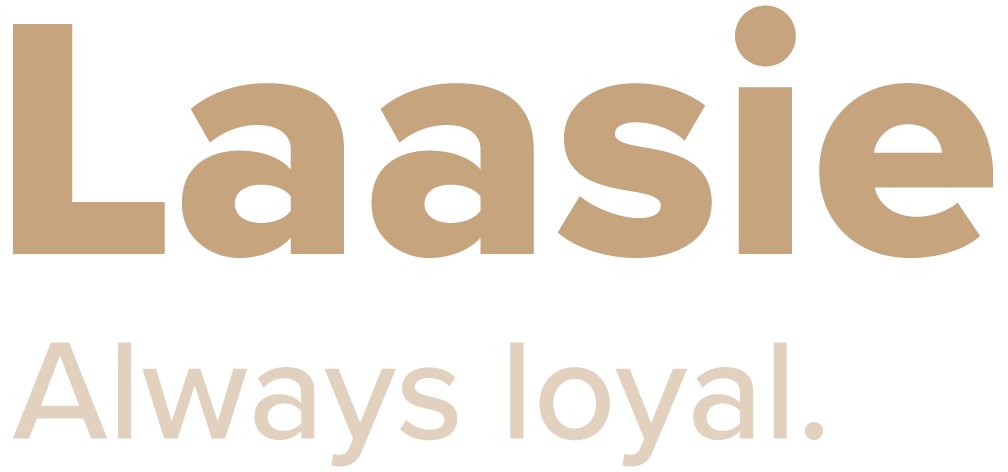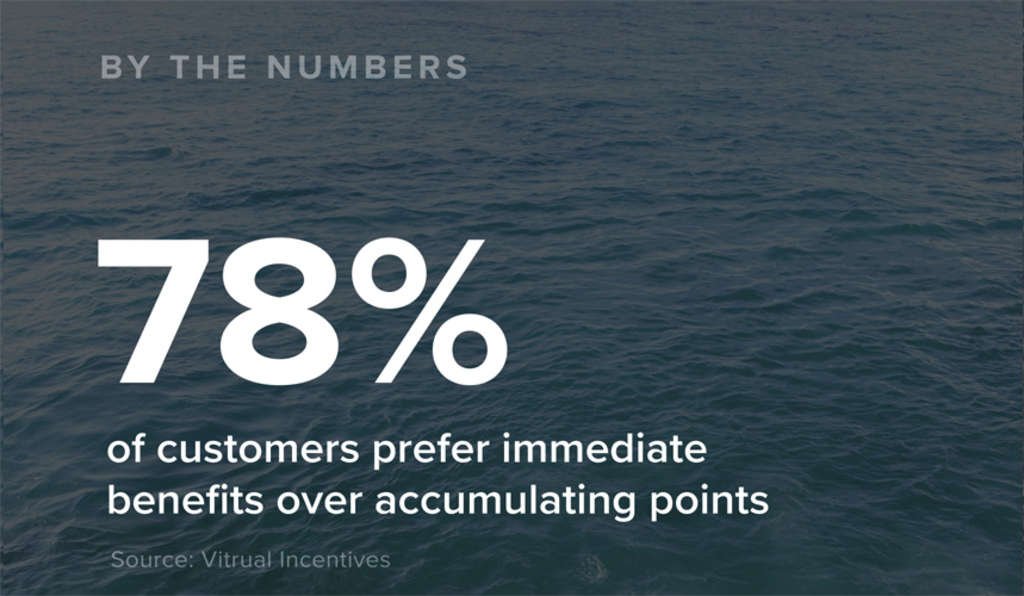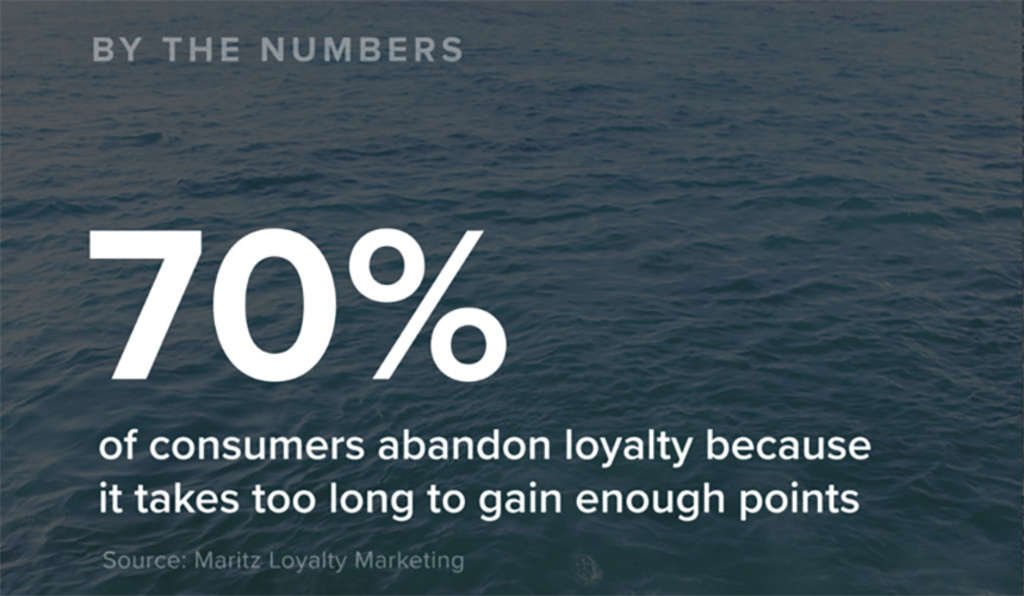How independent hotels can deliver highly personalized and eco-conscious rewards that delight guests and demonstrate shared values
The topic of climate change and sustainability has reached a fever pitch. The WHO predicts a $2-4 billion USD cost to public health, and it’s viewed as a national responsibility. From battery-powered cars to eliminating single-use plastic and embracing a more climate-friendly lifestyle, a worldwide commitment to sustainability is taking shape.
As green initiatives continue to take the world by storm, we quickly realize that no industry is exempt from its duty to reexamine and – where necessary – reimagine practices which may pose harm to our ever-fragile environment. Hospitality, as you might have guessed, is certainly no exception. Right now, hospitality brands aren’t simply catering to the modern guest; rather, they cater to the modern, increasingly eco-conscious guest. Now, more than ever, travelers care deeply about sustainability, and hotels are expected to welcome this culture shift in a quick, enthusiastic fashion.
While many aspects of the hospitality industry could benefit from a sustainable makeover, there is one segment with the potential to contribute to this movement that hoteliers might be overlooking: guest loyalty. After all, if the loyalty programs of the past were designed for guests of the past, shouldn’t today's loyalty programs be designed with the eco-conscious guest in mind?
A New Era of Sustainability
Skift wrote in December of 2021, “sustainability can no longer be an afterthought for travel companies. Those that make bold moves now to redefine how things work for a reemerging sector have the potential to become industry leaders in an altered world.” Author Matthew Parsons reiterated this sentiment in February of this year when he shared that travel brands have “little choice but to make a fresh start with their loyalty programs,” because they can’t keep extending points and status forever.
Ultimately, this industry shift should come as no surprise. Hospitality, as we know, has long come under fire for maintaining legacy platforms and processes past their expiration date, and, at the same time, the COVID-19 pandemic flipped the travel landscape on its head. A recent study by travel company Virtuoso revealed that four in five people (82%) said the pandemic has made them want to travel more responsibly in the future. Moreover, almost three-quarters (72%) said travel should support local communities and economies, preserve destinations’ cultural heritage and protect the planet. Not only that, but a new Sustainable Travel Report released by Booking.com revealed that a large majority of global travelers (87%) say that they want to travel sustainably. However, 48% indicate they never, rarely, or only sometimes manage to travel sustainably.
With the hospitality loyalty segment primed for innovation, and travelers demonstrating a desire for more sustainable travel experiences, isn’t now the perfect time to reinvent guest loyalty for an eco-conscious world?
What Does Sustainable Loyalty Look Like?
We’ve spoken at length about the perceived limitations of traditional, point-based loyalty systems. This age-old format is volume-based (often to a detriment) and relies exclusively on the appeal of delayed gratification, attempting to entice guests with the promise of rewards further along in their guest journey. Often, points are difficult to redeem or may expire before they can be leveraged, which leads – understandably – to guest frustration and disappointment. More importantly, though, is the fact that traditional loyalty systems often fail to aptly personalize their offers simply because they aren’t designed to be personal. These are generally sweeping, one-size-fits-all programs that offer a hierarchy of rewards, with perceived value increasing with each tier even if the offering doesn’t necessarily resonate with the guest earning it.
As we’ve learned, today's guest is increasingly interested not only in the value offered by the hotels they frequent but also by the core values that those hotel brands exhibit. They aren’t simply invested in the look and feel of a hotel – they want to know what brands care about, what they prioritize within their operations, and whether or not those values align with their own. So isn’t there a great opportunity to be found in focusing on rewards geared toward the conscious and environmentally responsible traveler? If guests are looking for a loyalty system that is both unique and tangible, couldn’t hotels shift to an instant-gratification rewards model that curates personalized, eco-friendly rewards?
In fact, a study by The Vacationer revealed that 83% of respondents said sustainable travel was somewhat or very important to them; however, almost half (48%) of respondents said they would opt for such trips only if it did not inconvenience them. This is an interesting and important caveat – sustainability is important to guests, but guests are still hesitant to sacrifice certain conveniences and comforts to achieve it. With this in mind, the prospect of sustainable loyalty becomes even more appealing. With the right rewards program in place, hotels can help move travelers along the path to sustainable choices in the most convenient and organically incentivized manner possible. Rather than asking guests to sacrifice in order to make conscious decisions, hotels can reward them with opportunities to benefit the environment with eco-friendly upgrades, services, experiences, and other relevant offers from a network of reward partners.
A New and Improved Path Forward
While traditional loyalty programs are often defined by unattainable and impersonal reward tiers earned by an accumulation of posts, Laasie offers hotels a fresh approach to guest loyalty via an instant gratification rewards model. Hotels can now use a comprehensive, AI-powered platform to effectively reward customers for their actions while generating insights and building dynamic, one-to-one relationships that drive engagement and revenue at any touch-point or interaction along the guest journey.
Finally, hotels have the means to provide their guests with infinite tiers of highly personalized and eco-conscious rewards that delight guests and establish goodwill and demonstrate shared values. If hyper-personalization and sustainability are the future of hospitality, only one question remains – what are you waiting for?
Ellis Connolly
Chief Revenue Officer











